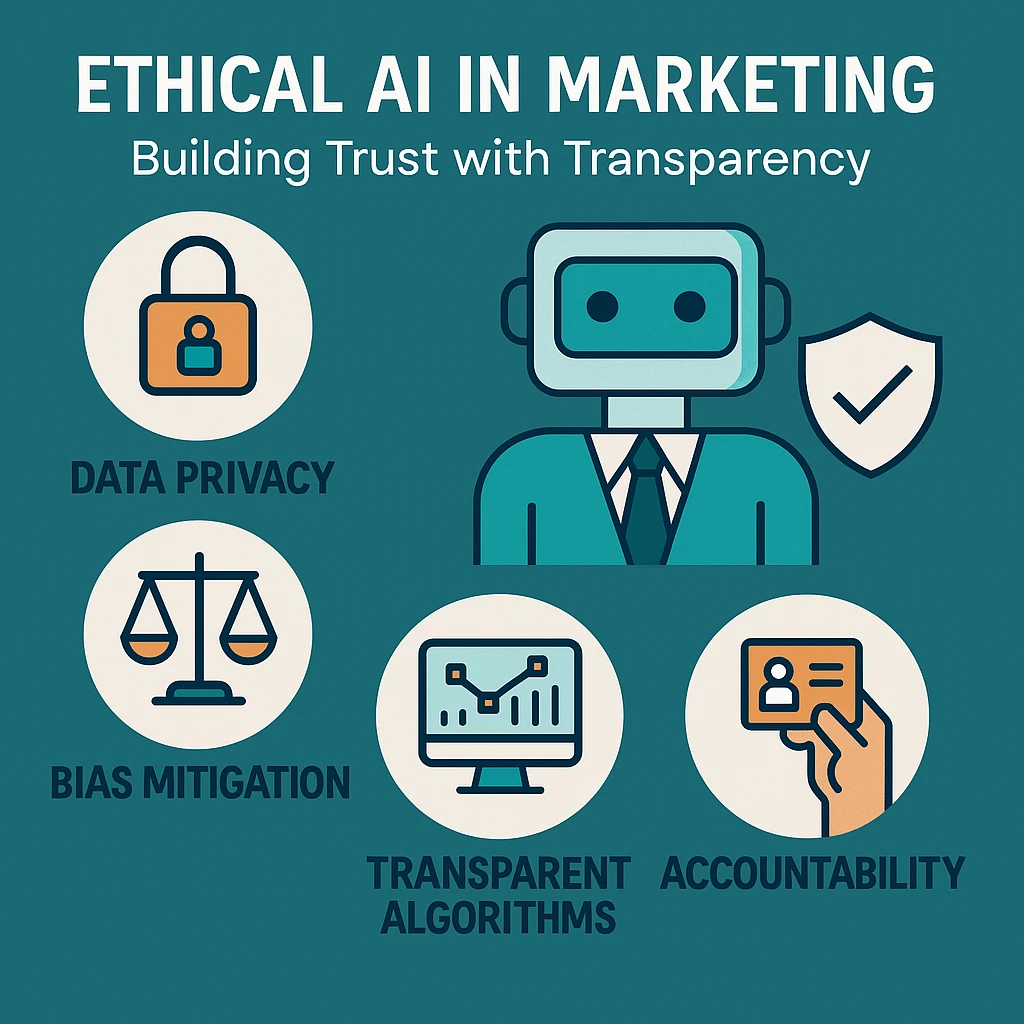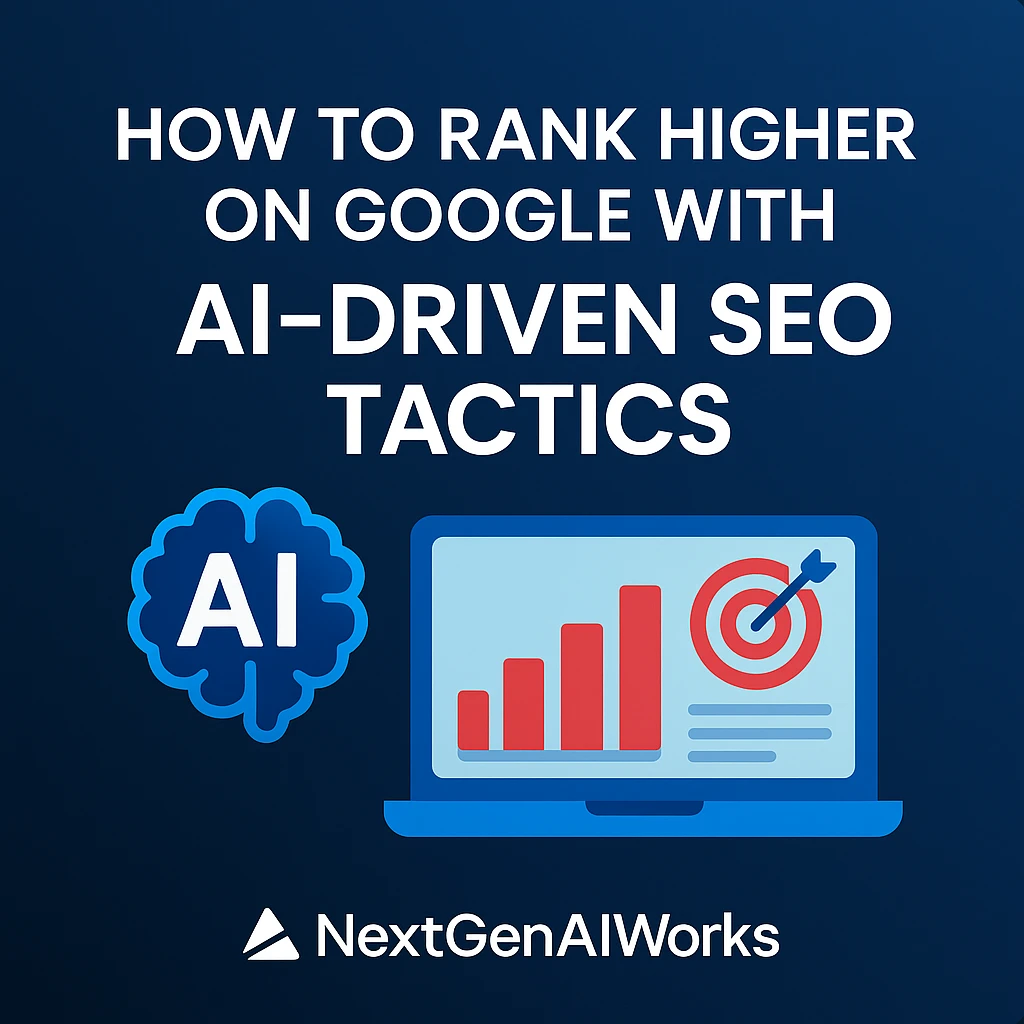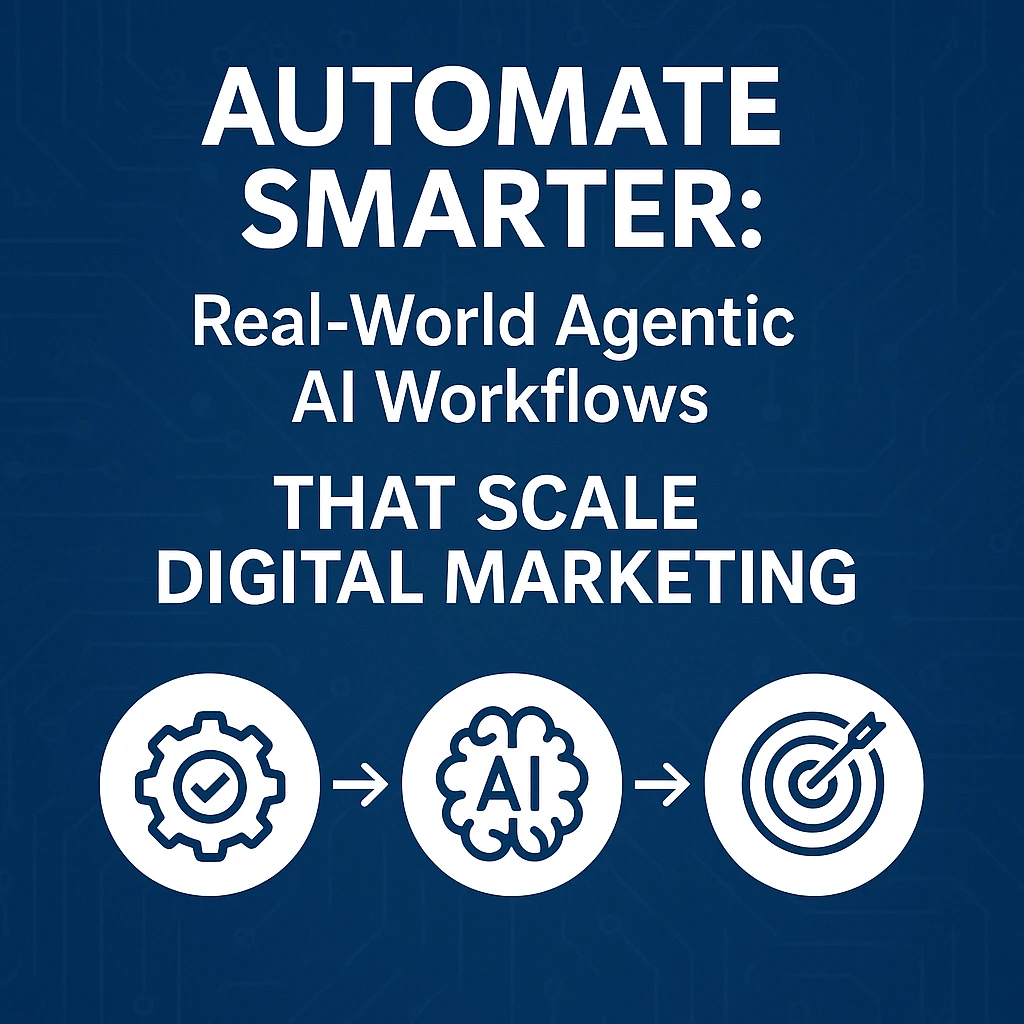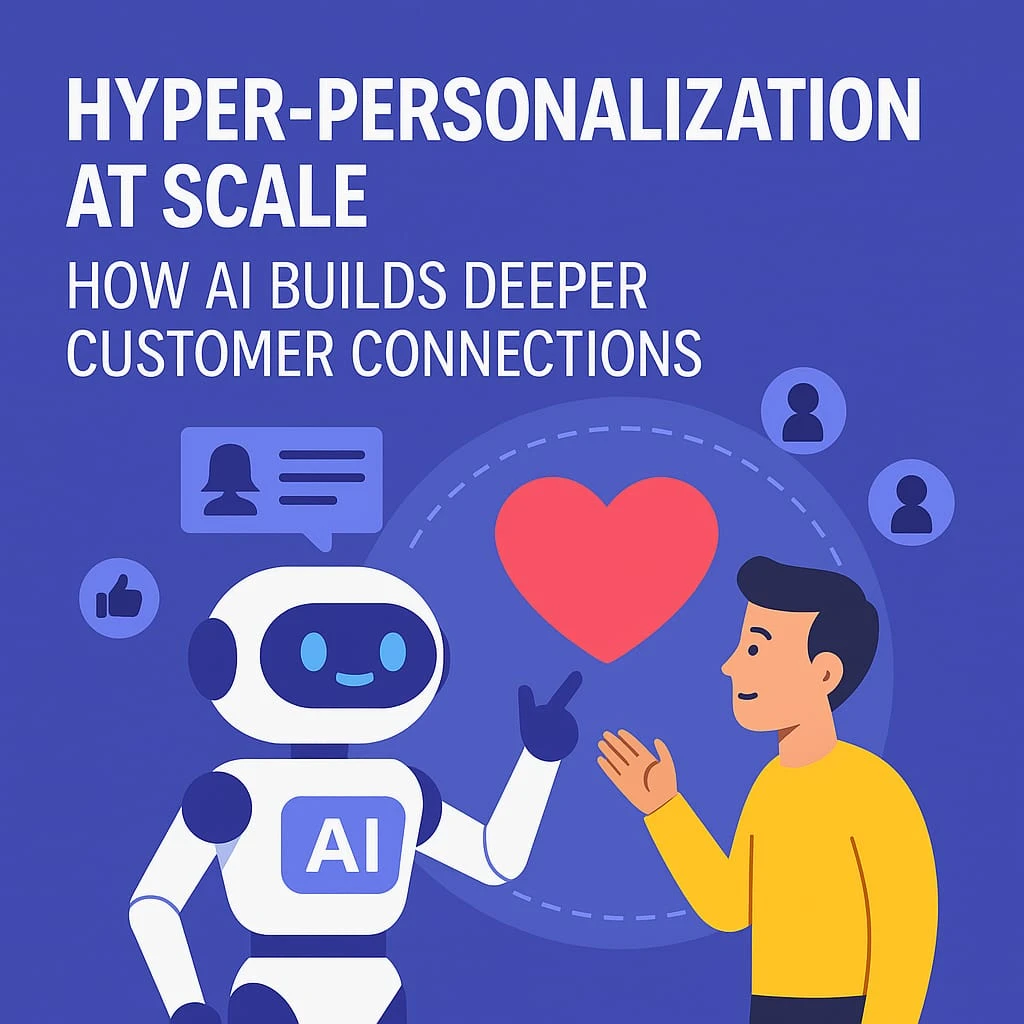Introduction: The Trust Deficit in AI Marketing
AI has transformed marketing in ways unimaginable a decade ago—hyper-personalized ads, predictive analytics, and automated customer journeys. But with power comes scrutiny. Consumers are asking:
-
“How is my data being used?”
-
“Is this AI decision biased?”
-
“Who controls the algorithms shaping my choices?”
In the era of data-driven marketing, trust is your greatest currency. Companies that adopt ethical AI principles—fairness, transparency, and accountability—don’t just avoid scandals; they gain a competitive edge by creating deeper, trust-based relationships with customers.
What Does Ethical AI in Marketing Mean?
Ethical AI ensures that algorithms and automation respect human values, privacy, and fairness. It involves:
-
Transparency: Clearly communicating how AI uses customer data.
-
Bias Mitigation: Ensuring algorithms don’t discriminate based on gender, race, or socio-economic factors.
-
Consent & Privacy: Full compliance with GDPR, CCPA, and emerging data laws.
-
Explainability: Making AI-driven decisions understandable to non-technical stakeholders.
Why Ethical AI Matters for SaaS Marketing
-
Consumer Awareness: 86% of users demand more transparency in AI-driven personalization (Gartner).
-
Regulatory Pressures: Governments are rolling out stricter AI and privacy laws.
-
Brand Loyalty: Customers prefer companies that show responsibility in tech use.
Ignoring ethics isn’t an option—it’s a growth risk.
Core Principles for Ethical AI Marketing
1. Transparency in Data Usage
Be upfront about what data you collect, why you collect it, and how AI uses it. Publish clear privacy statements and make them easy to access.
Related Reading: Automating GDPR Compliance: AI Tools That Make Privacy Easy.
2. Bias Detection and Mitigation
AI models can unintentionally reinforce bias from training data.
Solution:
-
Use diverse datasets.
-
Run regular bias audits.
-
Incorporate fairness algorithms to detect and neutralize bias in campaigns.
3. Human Oversight for AI Decisions
AI can automate recommendations, but humans must approve critical decisions—especially those affecting pricing, credit approvals, or eligibility offers.
4. Explainability as a Standard
If your AI recommends a product, users should know why. Explainability builds trust and allows accountability in case of disputes.
5. Privacy-First Personalization
Move from invasive targeting to contextual personalization, reducing dependency on personal data while delivering relevant content.
Examples of Ethical AI in Action
-
Retail SaaS: Transparency dashboards showing customers how recommendations were generated.
-
FinTech SaaS: Explainable AI models that justify credit decisions.
-
Healthcare SaaS: AI-driven suggestions with patient consent checkpoints.
-
EdTech SaaS: Adaptive learning systems without discriminatory bias.
Challenges in Ethical AI Marketing
-
Lack of Standardization: Few global frameworks for AI ethics.
-
Complex Explainability: Deep learning models can be “black boxes.”
-
Balancing Personalization with Privacy: The fine line between helpful and intrusive.
Solution: Adopt AI governance frameworks and partner with responsible AI service providers like NextGenAIWorks.
Best Practices for SaaS Companies
-
Include ethics checkpoints in your AI model lifecycle.
-
Create AI ethics committees or designate internal governance officers.
-
Combine AI with cybersecurity measures for full compliance.
Key Takeaways
-
Ethical AI isn’t a trend—it’s a foundation for trust and long-term growth.
-
Transparency, fairness, and accountability must guide all AI marketing initiatives.
-
Companies embracing ethical AI build stronger brand loyalty and regulatory resilience.
Ready to Implement Ethical AI in Your Marketing?
At NextGenAIWorks, we help businesses deploy AI-powered marketing solutions with built-in ethical and compliance frameworks.
👉 Explore Our AI Marketing Services
👉 Contact Us Today for a free consultation on responsible AI strategies.





Comments: